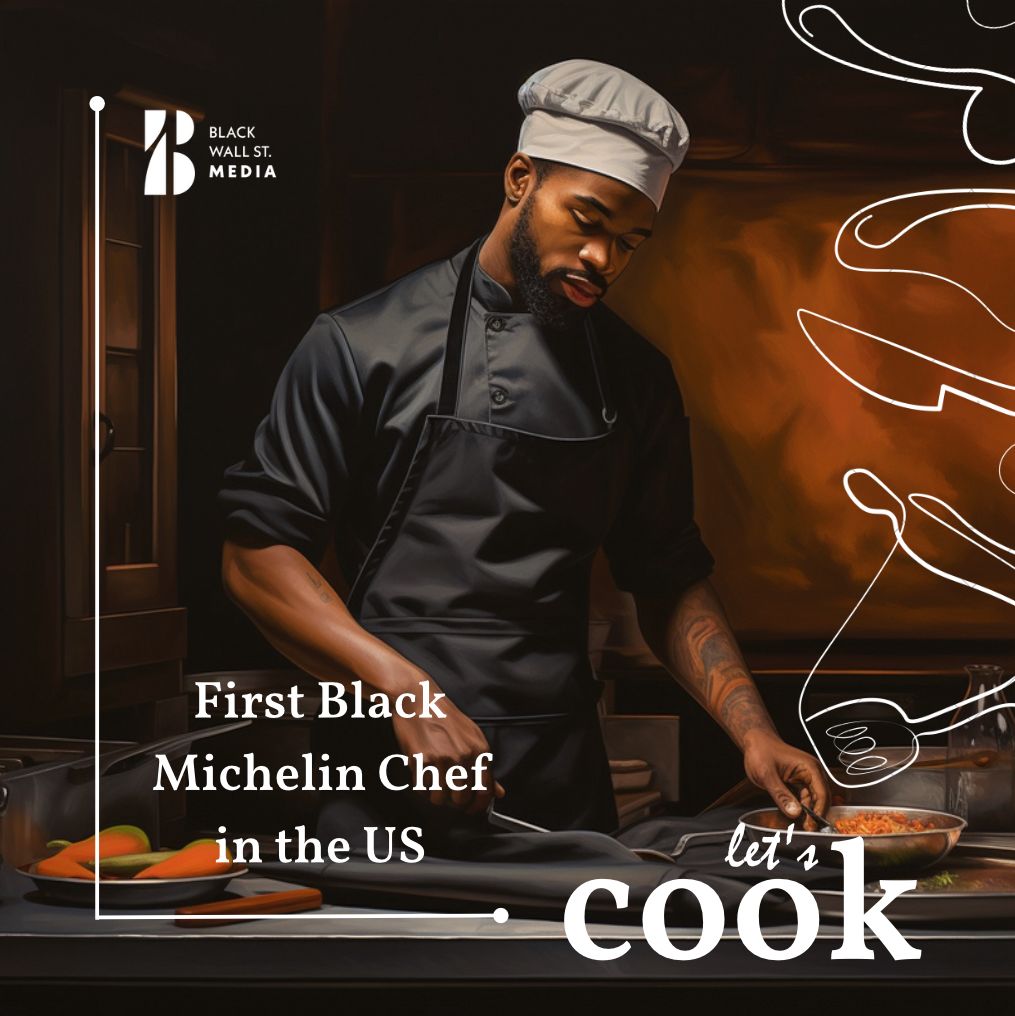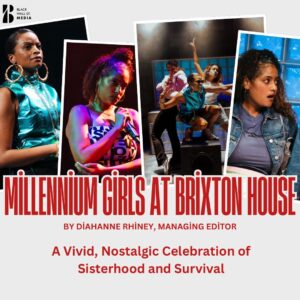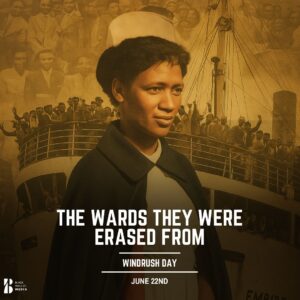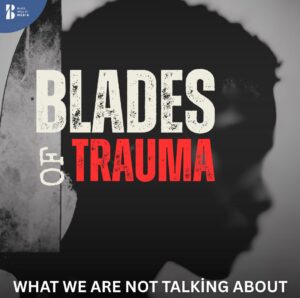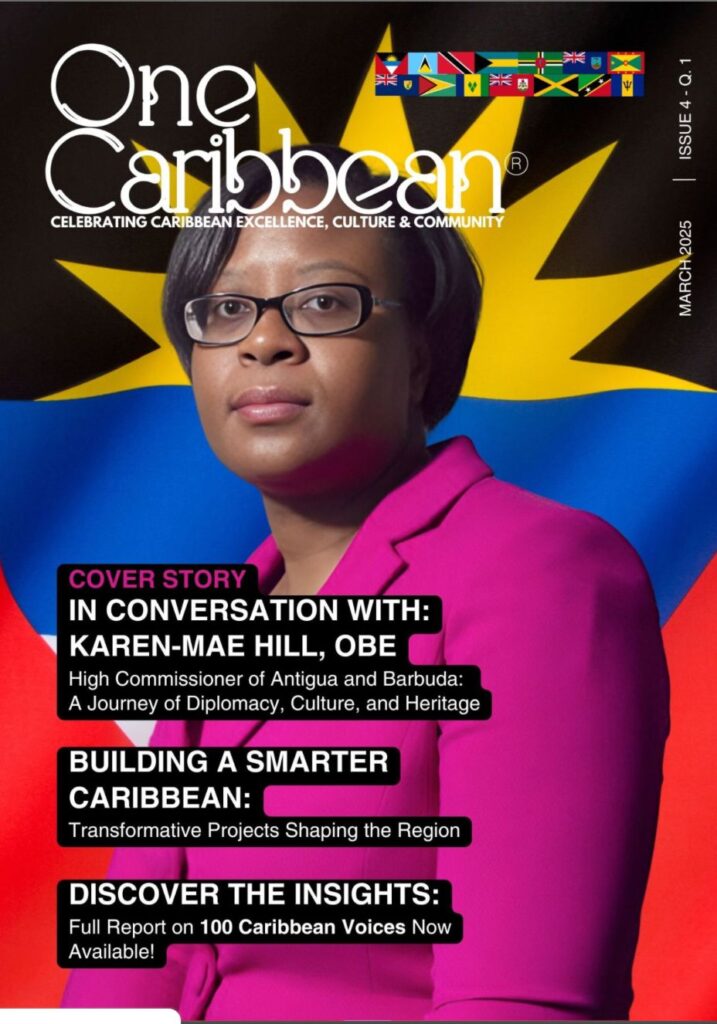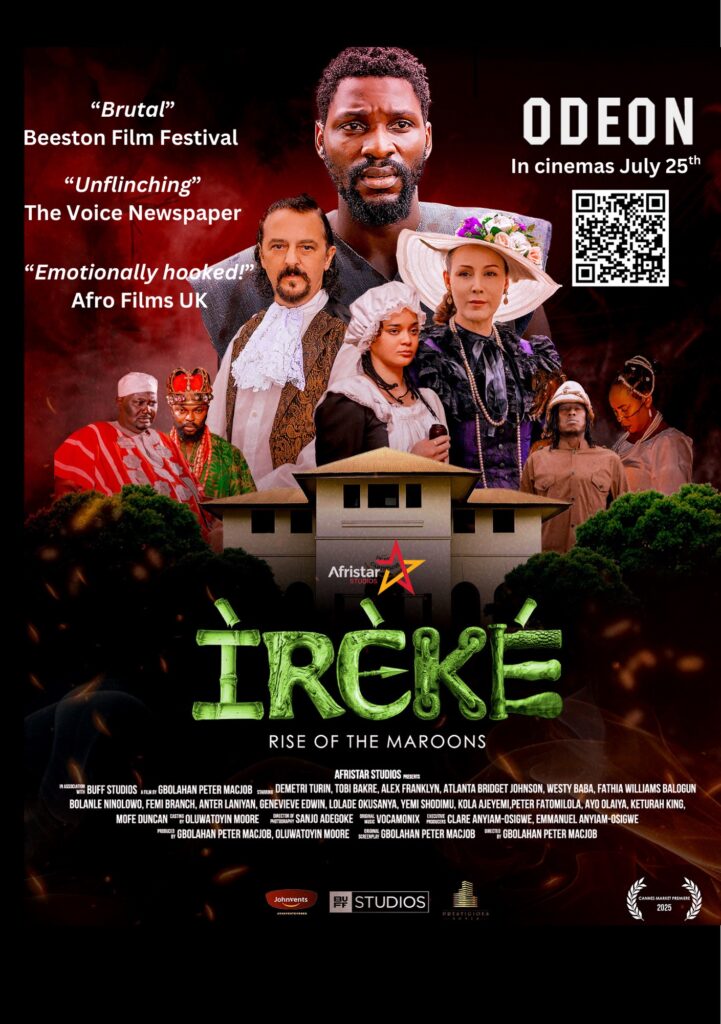FOOD
Barrels of Hope and Heartache: The Silent Legacy of the Windrush Generation
By
“Gerald Sombright came up through kitchens where white European chefs were presented as the paradigm, but no one looked like him. He's here to change that.”
Black Wall St. MediaContributor
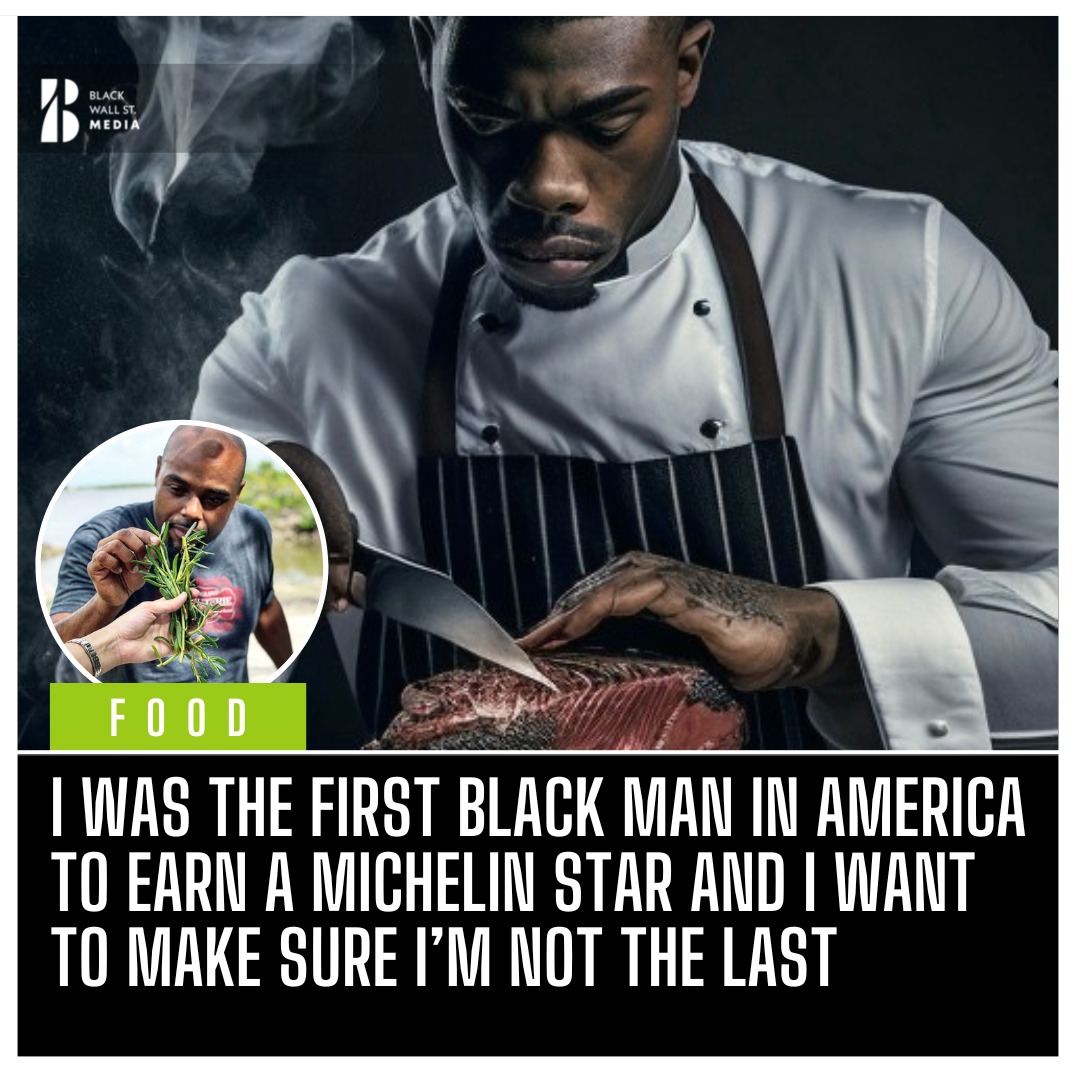
 On a summer evening in an energy-packed, lightly air-conditioned tent at the Orlando Ritz-Carlton, I stood in my chef coat with my stomach in turmoil, eagerly waiting to hear an announcement.
On a summer evening in an energy-packed, lightly air-conditioned tent at the Orlando Ritz-Carlton, I stood in my chef coat with my stomach in turmoil, eagerly waiting to hear an announcement.
I picked up whispers of congratulations and acknowledgements that our team at Knife & Spoon had won a coveted star for our restaurant, but I wouldn’t let myself believe it until the words were uttered by the president of Le Guide Michelin.
We had done it.
I did it.
All of the nights spent breaking down chicken or portioning lobster.
The early mornings, the hours of family missed. All the sacrifices I’d made as I was vying to be better and desiring to be the best, working my way up to be chef de cuisine.
Choosing where and what I cook over how much I was compensated. Honestly I only wanted to be respected by my contemporaries and have excellent technique.
To be a cook amongst cooks and stand at the helm of my own brigade and march them through service victoriously night after night.
That was enough until it wasn’t.
In 1999 when I was 19, I started my kitchen career working prep and washing dishes.
I didn’t know a brunoise from a baseball, yet I was intrigued.
Georges Auguste Escoffier’s photo hung on the wall next to the schedule, and it was impossible to escape his gaze as I dropped something, messed up, or even thought about taking a shortcut. He wasn’t alone up there, and I was perplexed.
Who were these men and why did they matter? Jacques Maximin, Jean-Louis Palladin, Daniel Boulud, Thomas Keller, Bernard Loiseau, (Charlie Trotter was the closest one to St. Louis, my home town.)
None of these men looked like me. None of them grew up Black in America. Yet my aspirations were set by their achievements.
“Who did you work for? What did you cook?” I wondered. This array of faces was presented as a gastronomic pantheon where names like “Bocuse“ were invoked as near-deities. None of these men looked like me. None of them grew up Black in America.
Yet my aspirations were set by their achievements. The name “Patrick Clark” was uttered by a coworker of mine who had cooked with him in New York City, and he said that I reminded him of the man.
I had never heard chef Patrick Clark’s name and I felt ashamed. But later in my life, and before the end of his — which came much too early — he graced me with the book published in his honor, and would tell me how good his clay pot chicken was.
I would watch Patrick Clark’s Iron Chef episode and scour the internet for any information about him via cooking forums and lost articles. He looked like me and he was respected by them. My mind was blown.
I never imagined I would touch the stars and never thought that I would live in a city where stars were an option.
To be a part of the culinary landscape and push cuisine forward with camaraderie and competition: that was my plight. Until on a humid night in Orlando, Florida, the inaugural Michelin Guide for my region was being presented and I wanted it.
I really wanted it more than anything ever.
 As I stood in the room alongside my colleague John Tesar and an array of local media and food lovers, looking at the diversity of the group and being the only one in melanin-rich skin, I felt grateful and deserving of this honor.
As I stood in the room alongside my colleague John Tesar and an array of local media and food lovers, looking at the diversity of the group and being the only one in melanin-rich skin, I felt grateful and deserving of this honor.
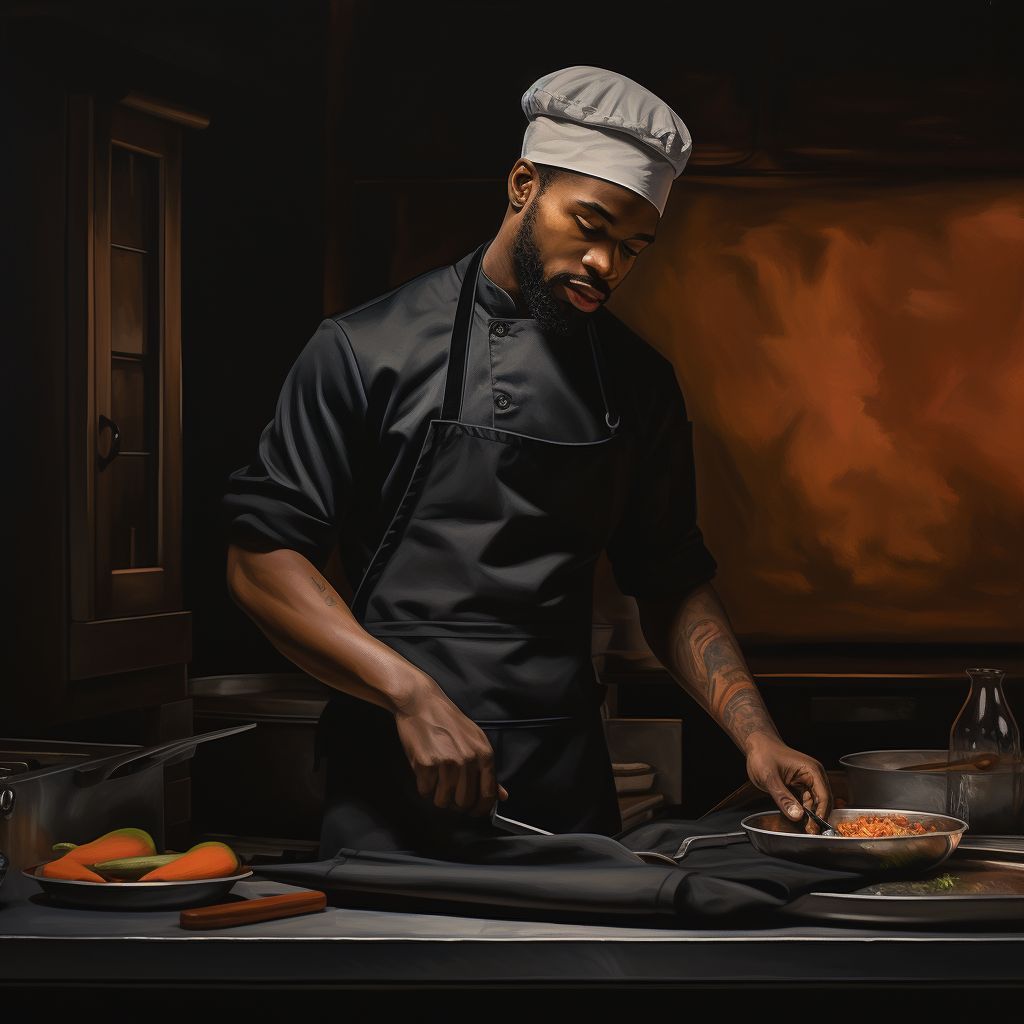
The first Black man in the United States to be bestowed this recognition.
I built the staff, sourced the food, trained the staff, opened in a global pandemic, worked stations, and picked up produce. I did the work.
I also felt responsible. To my culture. To my children. And to the young Black man like I’d once been, starting his culinary journey striving to be best — a little sharper knife, a faster pick up, a perfect sear — but who could only base his aspirations and benchmarks on those set by European men.
I want him to know that there will come a time when he is truly seen, and he won’t have to go at it alone. He’s got me now.
”"Sky's the limit, and you know you can." Because I did.
In the words of Christopher Wallace (aka The Notorious B.I.G.)Contributor
